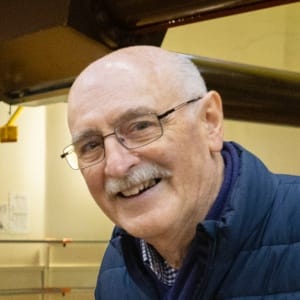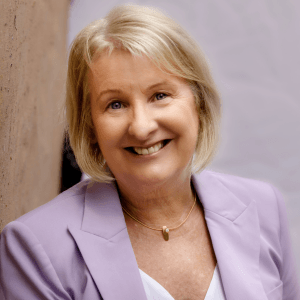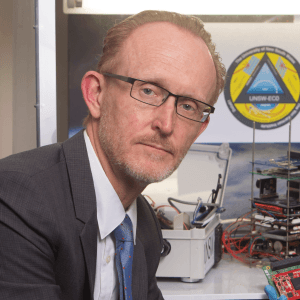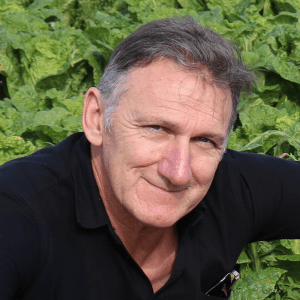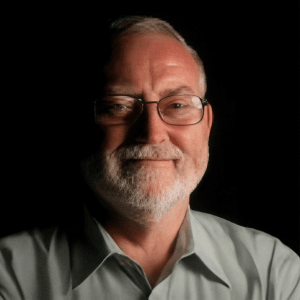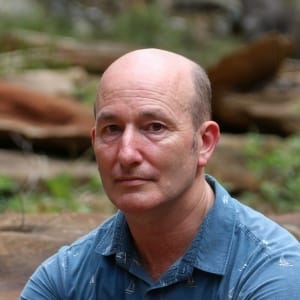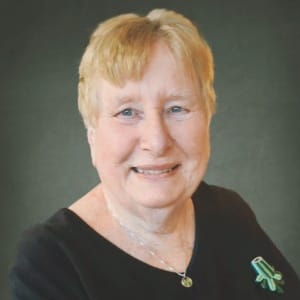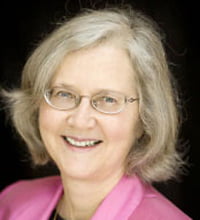
 “The telomere effect”
“The telomere effect”
Professor Elizabeth Blackburn AC FAA FRS DistFRSN
Dept. of Biochemistry and Biophysics
University of California San Francisco
Date: Friday 16 August 2019, 6.30pm
Venue: City Recital Hall, 2 Angel Place, Sydney
Entry: Cost: $35 without discount, $25 for RSNSW Members and Fellows, and for UNSW alumni and staff, $15 for UNSW students and under-18s (plus booking fee online or by phone)
To buy tickets: click here.
Nobel Laureate Elizabeth Blackburn delivers the inaugural Gerald Westheimer Lecture, chaired by UNSW Sydney’s Dean of Science, Professor Emma Johnston.
Why does ageing take such different paths for different individuals? Why do some of us remain healthy and active into later life, while others age more rapidly? Elizabeth Blackburn’s discoveries about telomeres, the protective caps at the end of our chromosomes, have transformed the way we think about these important questions and earned her a Nobel Prize in 2009. Although we have long understood the impact of our genetic inheritance on our health, Blackburn’s work has shown us the key role that telomeres and the enzyme telomerase play in the ageing process.
Be part of a special event with Elizabeth Blackburn as she discusses her work in this fascinating space and its implications for the future of ageing.
This talk is part of the Sydney Science Festival, and is supported by the Crawford Fund and Science & Technology Australia.
Gerald Westheimer Lectureship
The Gerald Westheimer Lecture is a new biennial lecture series for UNSW Science thanks to a generous gift from Professor Gerald Westheimer AM FRS. This flagship initiative will invite eminent international researchers to spend time in residence at the University.
Elizabeth Blackburn
Dr Elizabeth Blackburn has been a leader in the area of telomere and telomerase research, having discovered the molecular nature of telomeres – the ends of eukaryotic chromosomes that serve as protective caps essential for preserving the genetic information – and co-discovered the ribonucleoprotein enzyme, telomerase. She is also known for her championing of diversity and inclusion in the sciences. Blackburn and her research team also collaborate in a range of investigations of the roles of telomere biology in human health and diseases, through clinical and other human studies. Born in Australia, Dr Blackburn earned degrees from the University of Melbourne, University of Cambridge and Yale University. She has been awarded the Nobel Prize in Physiology or Medicine, the Albert Lasker Medical Research Award for Basic Medical Research, and in 2007 was named one of TIME magazine’s 100 Most Influential People.


